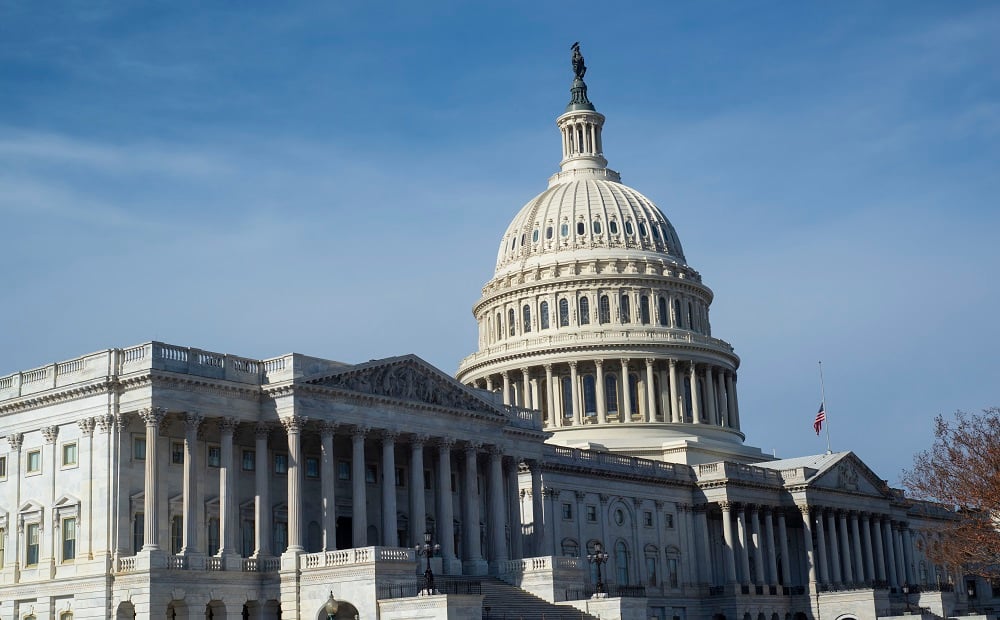The House Ways & Means Committee held a hearing on April 30 with Treasury Secretary Janet Yellen as the sole witness. The hearing focused on the Biden budget tax proposals, and on the issues surrounding the scheduled expiration of the 2017 individual and estate tax rules.
Generally, and predictably, Secretary Yellen explained and defended the Biden budget tax proposals. She reiterated that the President has vowed not to raise taxes on incomes below $400,000/year but noted that the wealthy can and should “pay a little more.” Committee Republicans disputed the Biden “tax the rich” proposals and noted that much of the 2017 tax law has triggered considerable new revenue for the U.S. Committee Democrats, on the other hand, called much of the 2017 law a boon to the wealthy and called for greater contributions from wealthy taxpayers.
Of specific interest to NAIFA members was the commentary, between senior Ways & Means member Rep. Vern Buchanan (R-FL) and Secretary Yellen on the subject of the expiring section 199A deduction for qualifying noncorporate business income. Rep. Buchanan asked Secretary Yellen what she thought about the section 199A deduction. He pointed out that over 90 percent of the 130,000 businesses in his state are pass-through entities, and the possibility of limiting the deduction would “make no sense, because everybody’s now going to move to a C corp.” Secretary Yellen responded by repeating that the Administration is committed to not raising taxes on families, including owners of pass-through businesses, making less than $400,000.
Other interactions between Secretary Yellen and committee members made clear that while there are numerous difficult tax issues coming next year if not later this year, there is considerable bipartisan agreement, at least for now, on making sure taxes do not go up for taxpayers under the $400,000/year threshold.
Prospects: There is little chance that Congress will enact any of President Biden’s proposed “tax the rich” provisions this year. But by next year, when the 2017 individual and estate tax law is scheduled to expire, these proposals will be hotly debated. So, too, will other taxes outside the scope of the expiring provisions from 2017. There appears to be bipartisan interest, for example, in raising the corporate tax rate from its current 21 percent level, even though that rule is permanent (i.e., it is not scheduled to expire). NAIFA anticipates ever-growing debate on what looks like will be a very major tax bill next year. We will keep you posted.
NAIFA Staff Contact: Jayne Fitzgerald – Director – Government Relations, at jfitzgerald@naifa.org.






.png?width=600&height=90&name=Support%20IFAPAC%20%20(600%20%C3%97%2090%20px).png)
